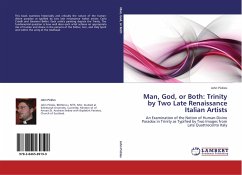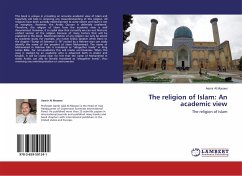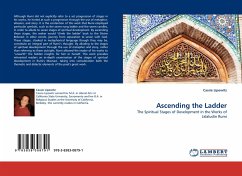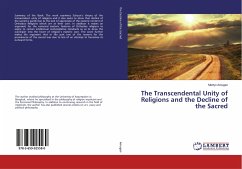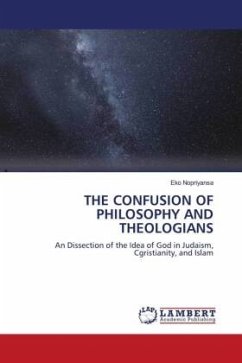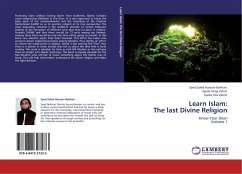
Reading by the Light of a Burning Phoenix
A Kantian Interpretation of Hesse
Versandkostenfrei!
Versandfertig in 6-10 Tagen
52,99 €
inkl. MwSt.

PAYBACK Punkte
26 °P sammeln!
This is a new interpretation of Hermann Hesse's Steppenwolf. This interpretation is grounded on Immanuel Kant's moral philosophy and is centered on a discussion and analysis of an inescapable paradox that is fundamental to the human condition. I argue that our rational capacity exposes us to an unconditional and insuperable moral demand. However, we can only ever respond to this autonomous command with a finite material capacity. It is our fate, therefore, to impose conditions on our own unconditional imperative, that is, to exist as a self-evident contradiction. Since it is possible to escape...
This is a new interpretation of Hermann Hesse's Steppenwolf. This interpretation is grounded on Immanuel Kant's moral philosophy and is centered on a discussion and analysis of an inescapable paradox that is fundamental to the human condition. I argue that our rational capacity exposes us to an unconditional and insuperable moral demand. However, we can only ever respond to this autonomous command with a finite material capacity. It is our fate, therefore, to impose conditions on our own unconditional imperative, that is, to exist as a self-evident contradiction. Since it is possible to escape neither the conditioned nor the unconditioned pole, we must eventually despair of the possibility of moral sufficiency. I argue that Steppenwolf is an aesthetic articulation of and response to this radical and tragic structural disparity. I also argue that Steppenwolf offers an intimation of deliverance, but only in the form of willing and anonymous self-sacrifice in the name of the impossible ideal. I conclude with an articulation of a fundamental three-stage moral development that is made possible by empowering aesthetic symbols described by both Kant and Hesse.




